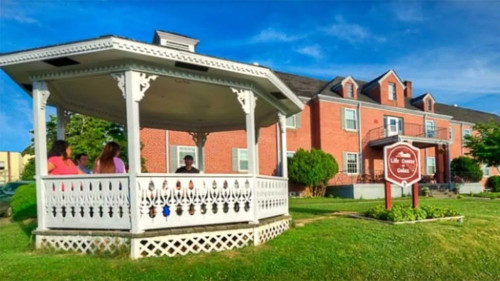
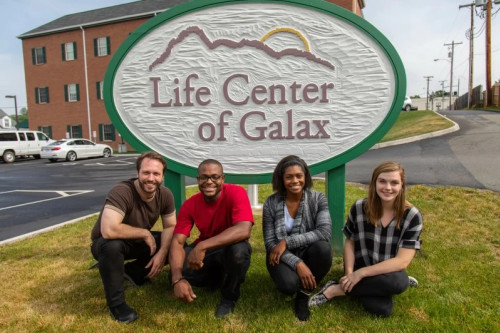




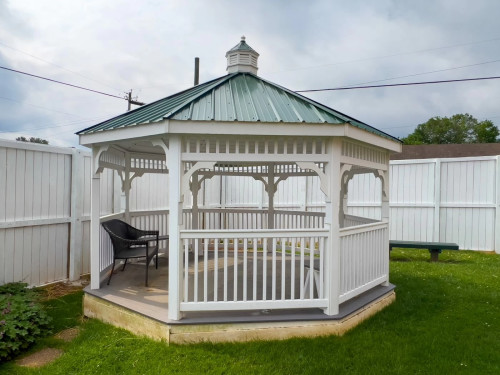
Life Center of Galax
Verified Center
This provider's information has been quality-checked by Recovery.com's Research Team for accuracy and completeness, including center verification through appropriate third-party organizations.
Treatment Focus
This center treats substance use disorders and co-occurring mental health conditions. Your treatment plan addresses each condition at once with personalized, compassionate care for comprehensive healing.
Primary Level of Care
Offering intensive care with 24/7 monitoring, residential treatment is typically 30 days and can cover multiple levels of care. Length can range from 14 to 90 days typically.
Treatment Focus
This center treats substance use disorders and co-occurring mental health conditions. Your treatment plan addresses each condition at once with personalized, compassionate care for comprehensive healing.
Primary Level of Care
Offering intensive care with 24/7 monitoring, residential treatment is typically 30 days and can cover multiple levels of care. Length can range from 14 to 90 days typically.
Provider's Policy
Please call our admissions team for more information on insurance coverage. A knowledgeable member of our team can answer any financial questions you might have, and they can also reach out directly to your insurance carrier to verify and maximize your benefits. This service is free and puts you under no obligation to choose our programming.
Life Center of Galax
Life Center of Galax
About Life Center of Galax
Life Center of Galax treats addiction and co-occurring mental health conditions with a continuum of care. They use various evidence-based therapies, group therapies, family therapy, and specialized programs to offer a comprehensive approach to recovery. Their levels of care include detox, residential, partial hospitalization (or day treatment), and aftercare. Speciality tracks at Life Center of Galax include a DUI/DWI program, voluntary Christian program, methadone maintenance program, and co-occurring disorder program.
Evidence-Based Group, 1:1, and Family Therapies
Life Center of Galax uses the 12 Steps and other evidence-based therapies to help clients address the cause and symptoms of addiction. Clients participate in 1:1 counseling and multiple group therapies, including psychoeducation groups, reality therapy, cognitive therapy, and 3x weekly gender-specific group therapies. Families can also participate, with family workshops on the weekends that include family therapy, addiction education, and multi-family therapy.
Experienced Care for Addiction and Co-Occurring Mental Health
Life Center of Galax’s team includes a medical director, addictionologist, psychiatrist, physician assistants, nurses, and counselors. Their medical director oversees detox and nursing staff provide 24/7 supervision. Life Center of Galax uses medication-assisted treatment (MAT) as needed. They additionally offer methadone maintenance for opioid recovery. Professional staff address co-occurring conditions like depression, anxiety, bipolar disorder, and trauma in specific groups and 1:1 counseling.
Specialized Recovery Tracks
Life Center of Galax’s specialty tracks include their Prodigal Christian program, which incorporates Christ-centered care into treatment. Clients participate in daily group devotionals, group therapy with others in the program, and interact with other Christian staff. Life Center of Galax’s DUI/DWI program welcomes court-ordered clients. After residential treatments, clients can join the Life Center of Galax’s day treatment program and live in nearby sober living. Aftercare includes group meetings and help with sober living placements as needed.

Highlights from the Center
Highlights
These highlights are provided by and paid for by the center.
Holistic Approach
On-site Medical Detox
Private Rooms Available
Center Overview
Treatment Focus
This center treats substance use disorders and co-occurring mental health conditions. Your treatment plan addresses each condition at once with personalized, compassionate care for comprehensive healing.
CARF Accredited
CARF stands for the Commission on Accreditation of Rehabilitation Facilities. It's an independent, non-profit organization that provides accreditation services for a variety of healthcare services. To be accredited means that the program meets their standards for quality, effectiveness, and person-centered care.

Insurance Accepted
Cash Pay Rates
Estimated Cash Pay Rate
Center pricing can vary based on program and length of stay. Contact the center for more information. Recovery.com strives for price transparency so you can make an informed decision.
Meet Your Care Team

Tony Isom
Chief Executive Officer
MBA-HCA

Chief Operating Officer
Nyomi Taylor
BS, CSAC-A

Carla Midkiff-Frost
Director of Nursing
BS, RN

Ann Hughes
Galax Clinical Director
LPC, CSAC

Angie Gillespie
Hillsville Clinical Director
LPC, CSAC
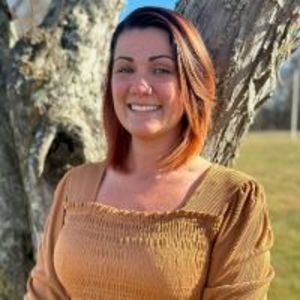
Sasha Martin
Director of Patient Experience

Logan Widner
Director of Risk Management
BS

April Alford-Musick
HR Manager

Nick Dowdy
Logistics and Communications Manager

Leva Harvey
Director of Admissions
BS
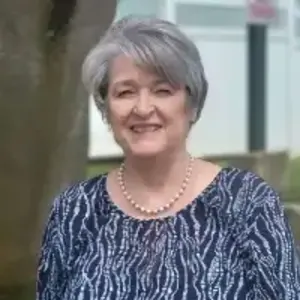
Dona Blair
Director of Quality Management
RN

Scott Bedsaul
Director of Plant Operations
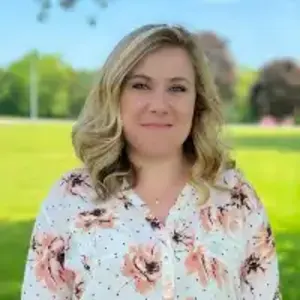
Sara Chiariello
Director of Business Development




Levels of Care








Your Care Options
Specializations
Alcohol
Using alcohol as a coping mechanism, or drinking excessively throughout the week, signals an alcohol use disorder.
Co-Occurring Disorders
A person with multiple mental health diagnoses, such as addiction and depression, has co-occurring disorders also called dual diagnosis.
Cocaine
Cocaine is a stimulant with euphoric effects. Agitation, muscle ticks, psychosis, and heart issues are common symptoms of cocaine abuse.
Drug Addiction
Drug addiction is the excessive and repetitive use of substances, despite harmful consequences to a person's life, health, and relationships.
Heroin
Heroin is a highly addictive and illegal opioid. It can cause insomnia, collapsed veins, heart issues, and additional mental health issues.
Opioids
Opioids produce pain-relief and euphoria, which can lead to addiction. This class of drugs includes prescribed medication and the illegal drug heroin.
Residential
In a residential rehab program, patients live onsite, with access to daily treatment and 24-hour care. An average stay is 30-90 days.
Who We Treat
Men and Women
Men and women attend treatment for addiction in a co-ed setting, going to therapy groups together to share experiences, struggles, and successes.
Approaches
Evidence-Based
A combination of scientifically rooted therapies and treatments make up evidence-based care, defined by their measured and proven results.
Experiential
Expressive tools and therapies help patients process past situations, learn more about themselves, and find healing through action.
Individual Treatment
Individual care meets the needs of each patient, using personalized treatment to provide them the most relevant care and greatest chance of success.
Twelve Step
Incorporating spirituality, community, and responsibility, 12-Step philosophies prioritize the guidance of a Higher Power and a continuation of 12-Step practices.
Therapies
1-on-1 Counseling
Patient and therapist meet 1-on-1 to work through difficult emotions and behavioral challenges in a personal, private setting.
Art Therapy
Visual art invites patients to examine the emotions within their work, focusing on the process of creativity and its gentle therapeutic power.
Equine Therapy
Guided interactions with trained horses, their handler, and a therapist can help patients improve their self-esteem, trust, empathy, and social skills.
Experiential Therapy
With this approach, patients heal by doing. Therapists help patients process difficult emotions to speak, using guided activities like art or dance.
Family Therapy
Family therapy addresses group dynamics within a family system, with a focus on improving communication and interrupting unhealthy relationship patterns.
Life Skills
Teaching life skills like cooking, cleaning, clear communication, and even basic math provides a strong foundation for continued recovery.
Motivational Interviewing and Enhancement Therapy (MET)
This approach is based on idea that motivation to change comes from within. Providers use a conversational framework that may help you commit to recovery.
Recreation Therapy
In recreation therapy, recovery can be joyful. Patients practice social skills and work through emotional triggers by engaging in fun activities.
Conditions We Treat
Depression
Symptoms of depression may include fatigue, a sense of numbness, and loss of interest in activities. This condition can range from mild to severe.
Substances We Treat
Alcohol
Using alcohol as a coping mechanism, or drinking excessively throughout the week, signals an alcohol use disorder.
Benzodiazepines
Benzodiazepines are prescribed to treat anxiety and sleep issues. They are highly habit forming, and their abuse can cause mood changes and poor judgement.
Co-Occurring Disorders
A person with multiple mental health diagnoses, such as addiction and depression, has co-occurring disorders also called dual diagnosis.
Cocaine
Cocaine is a stimulant with euphoric effects. Agitation, muscle ticks, psychosis, and heart issues are common symptoms of cocaine abuse.
Drug Addiction
Drug addiction is the excessive and repetitive use of substances, despite harmful consequences to a person's life, health, and relationships.
Heroin
Heroin is a highly addictive and illegal opioid. It can cause insomnia, collapsed veins, heart issues, and additional mental health issues.
Methamphetamine
Methamphetamine, or meth, increases energy, agitation, and paranoia. Long-term use can result in severe physical and mental health issues.
Opioids
Opioids produce pain-relief and euphoria, which can lead to addiction. This class of drugs includes prescribed medication and the illegal drug heroin.
Prescription Drugs
It's possible to abuse any drug, even prescribed ones. If you crave a medication, or regularly take it more than directed, you may have an addiction.
Languages
Care Designed for Your Needs
Personal Amenities
Amenities
Activities

What people are saying
Treatment
3.5
Accommodations
3.6
Food & Nutrition
3.7
Value
3.7
Susan
Reviewed 03/27/25
Review from Rehabs.com
Stacey
Reviewed 05/10/24
Review from Rehabs.com
Crystal
Reviewed 06/02/25
Review from Rehabs.com
Ashley
Reviewed 12/27/24
Review from Rehabs.com
Anonymous
Reviewed 05/30/18
Review from Rehabs.com





